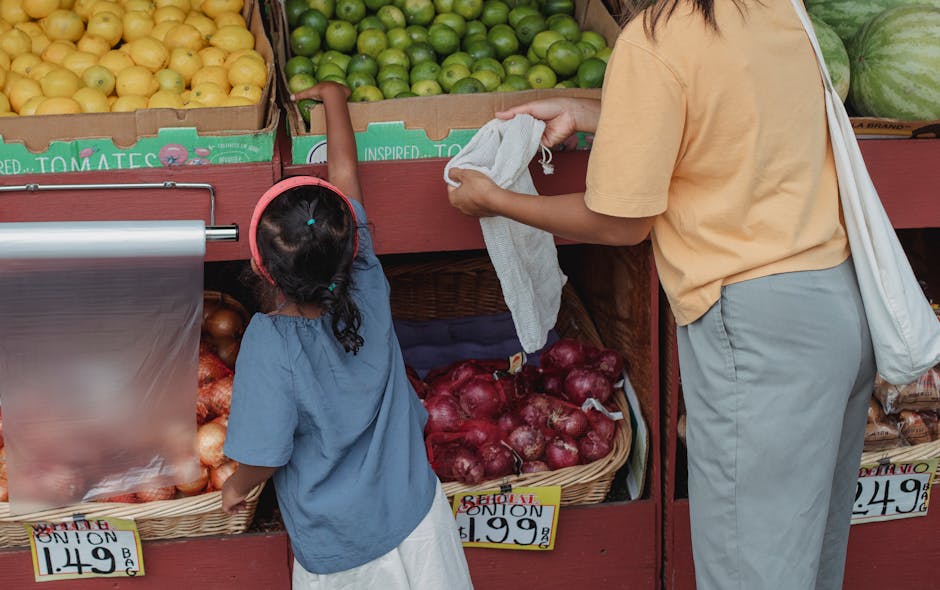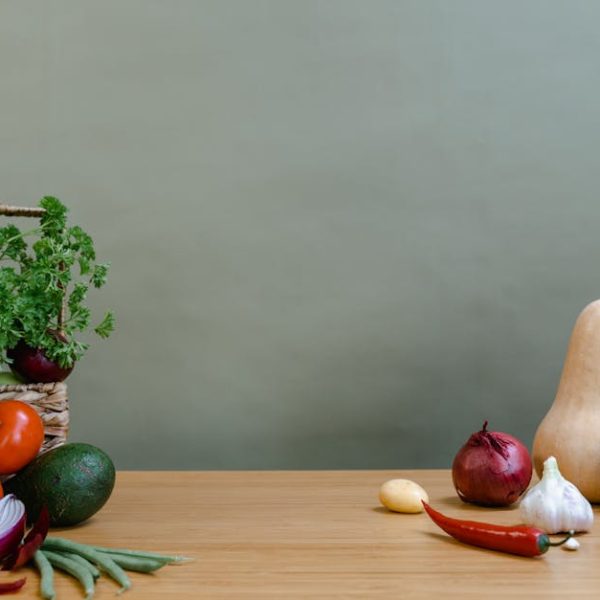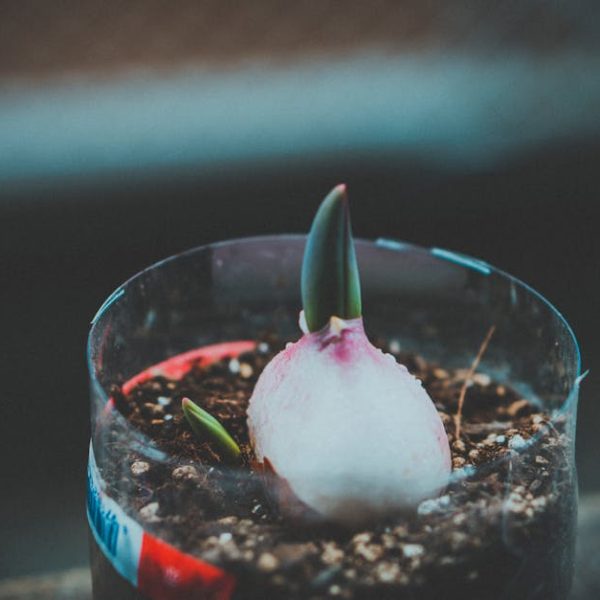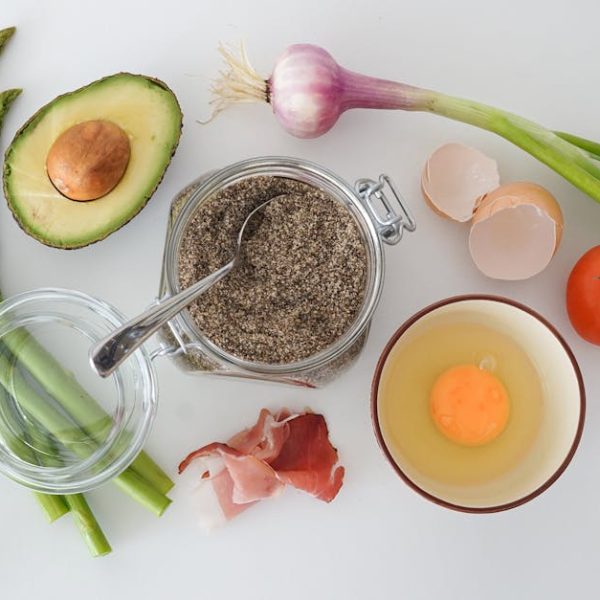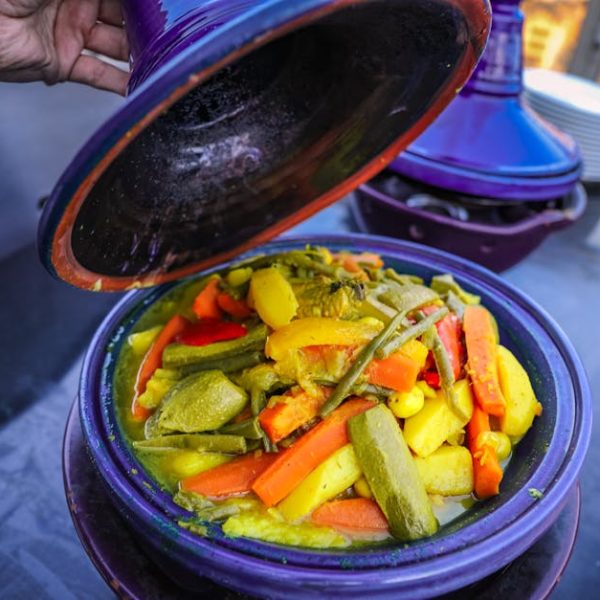When it comes to storing both uncut and cut onions, it’s paramount to acknowledge their different needs to ensure they remain fresh for as long as possible. Don’t worry– keeping your onions crisp and flavorful isn’t rocket science, but it does require a bit of knowledge and some effort. In this article, we’ll explore numerous methods to store onions, the precautions to remember, and some common mistakes to avoid.
Storing Uncut Onions Correctly
We start with those beautiful whole onions sitting in your pantry. To keep them in their prime as long as possible, certain conditions are optimal. Keep uncut onions in a well-ventilated, cool, dark place, as exposure to light can induce sprouting. A basement or cellar is fantastic, but if that’s not possible, using a shaded corner of the kitchen works too. It’s crucial to remember:
- Store the onions in mesh bags or baskets to allow for ventilation.
- Ensure the storage area’s temperature is between 40 to 50 degrees Fahrenheit.
The Right Way to Store Cut Onions
Cut onions are a bit more high-maintenance and can be breeding grounds for bacteria if not stored correctly. A cut onion should always be sealed in an airtight container to block out moisture and other contaminants. While choosing a container, consider:
- Glass: Easy to clean, non-reactive, but fragile.
- Plastic: Lightweight and cheap, but can stain and absorb odors.
- Stainless steel: Durable and non-reactive, but can be expensive.
Using the Refrigerator for Onion Storage
Refrigerating onions is the most common method used to store both uncut and cut onions. If stored at the right temperature, onions can last up to four weeks in the fridge. However, key precautions are important:
- Store uncut onions in the vegetable drawer, away from fruits, which emit gases that can speed up ripening.
- Pack cut onions in an airtight container or resealable bag to prevent the permeation of their smell.
Storing Onions in the Freezer
If you buy onions in bulk or have extras from your own harvest, freezing them can extend their shelf life for up to one year. This method works well for both uncut and cut onions. Here’s a step-by-step guide:
- Slice onions and spread them out on a baking tray lined with parchment paper.
- Freeze the onions for about an hour until they are firm.
- Transfer the frozen onions into a resealable bag or an airtight container, and put them back in the freezer.
Defrost the onions in the refrigerator before using them. Never thaw them at room temperature, as this can allow bacteria to grow.
Pickling Onions for Enhanced Shelf Life
Pickled onions offer an excellent alternative to regular onions. They add a tangy crunch to many recipes and store well. Here is a basic recipe:
- Blanch the onions in boiling water for a minute and then plunge them into cold water.
- Put the onions in a jar, heat vinegar with spices and sugar, then pour it into the jar.
- Seal the jar and store it in a cool, dark place for a month before using the onions.
Always remember to use clean utensils when picking the onions from the jar to maintain the pickle’s freshness.
Storing Onion without Refrigeration
If you don’t have refrigeration facilities or want to reduce energy consumption, storing onions without refrigeration is possible. Key conditions for successful non-refrigerated onion storage include dry, cool, and well-ventilated environments. Here, we compare different non-refrigeration methods and their pros and cons:
| Method | Pros | Cons |
|---|---|---|
| Onion hanging nets | Promotes ventilation and easy access | Requires space and installation |
| Paper bags with holes | Easily available and cheap | Can be susceptible to pests |
| Wooden bin with partitions | Durable and holds many onions | Bulky and expensive |
Frequently Made Mistakes in Storing Onions
Knowing common mistakes in onion storage can help you avoid them. These include storing onions near ripening fruits, keeping onions in plastic bags, and cutting onions before they are needed. Here are some corrective measures:
- Store onions away from fruits that can emit ripening gases, and from potatoes, which can emit moisture.
- Use mesh bags or baskets that allow ventilation for storing uncut onions instead of plastic bags.
- Avoid cutting onions until they are ready to be used, as cutting exposes the inner flesh to bacteria, causing it to spoil faster.
With these tips and tricks, you can easily keep your onions fresh for longer periods, reducing waste and maximizing your onion value. Happy cooking!
Key Takeaway:
- Proper storage conditions such as ventilation, darkness, and ideal temperature are essential for maintaining the freshness of uncut onions. Similarly, for cut onions, they should always be refrigerated in an airtight container.
- Refrigeration is a versatile method suitable for both cut and uncut onions. But the major precaution is to use them within 7-10 days after refrigeration.
- Freezing is the best method for long-term storage and when dealing with large quantities of onions.
- Enhance the shelf life of your onions through pickling, which also adds an extra tang to their flavor. Always use distilled vinegar for pickling.
- Storing onions without refrigeration is also possible. However, avoid storing them under sinks or with potatoes that release moisture leading to quicker spoilage of the onions.
- Avoid common storage mistakes like storing cut and uncut onions together or leaving cut onions uncovered in the refrigerator.
Remember, keeping your onions fresh for as long as possible does not require a lot of effort but just a little bit of knowledge. Once you understand the correct ways to store them, you can ensure minimal waste and the maximum value from your onions.
FAQs
Q: Is it safe to consume onions that have been left unrefrigerated overnight?
A: If the onions have been cut, then they shouldn’t be left unrefrigerated overnight. Due to bacterial growth, they could lead to food poisoning. Always refrigerate cut onions.
Q: Can frozen onions be used directly into the dishes?
A: It’s best practice to thaw the frozen onions in the refrigerator before using them. Thawing at room temperature can allow bacteria to grow.
Q: What can happen if onions are stored with potatoes?
A: Potatoes emit moisture which onions tend to absorb, leading to their quicker spoilage. So, avoid storing onions and potatoes together.
Q: Can pickled onions be used immediately after pickling?
A: It’s advisable to store the pickled onions for a month before using them for better flavor development.
Q: What are the signs indicating that the onions have gone bad?
A: If the onions start to smell foul, exhibit moldy spots, or become soft and squishy, these are all indications that the onions may have gone bad and it’s best not to consume them.
Explore more posts on our website and don’t forget to share this insightful article with friends and family dealing with the woes of spoiled onions. Make the most out of your onions!
